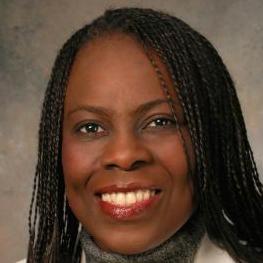Africans make up 15 percent of the world’s population but produce only 2 percent of the world’s research. The University of Chicago’s Interdisciplinary Collaborations in Africa Workshop aims to increase the participation of African scholars in academic research.
Recently, the University of Chicago brought together scientists from the United States, Nigeria and Ghana for a conference that generated ideas for studying topics in Africa including sickle cell disease and aging, the health consequences of climate change and political instability, air quality, agriculture, and research ethics. Participants also proposed initiatives to expand computational and “big data” resources across the continent, bring more faculty members to teach courses at African institutions, and open up library resources to African students.
 The workshop was organized by Olufunmilayo Olopade, the Walter L. Palmer Distinguished Service Professor of Medicine and Human Genetics and dean for global health at the University of Chicago. Professor Olopade earned her medical degree in Nigeria.
The workshop was organized by Olufunmilayo Olopade, the Walter L. Palmer Distinguished Service Professor of Medicine and Human Genetics and dean for global health at the University of Chicago. Professor Olopade earned her medical degree in Nigeria.
Visiting scholars from the University of Ghana and the University of Ibadan in Nigeria said that a pressing need for their students and researchers is access to online resources, including virtual libraries and digital archives. “I work in an African university where research outputs are limited due largely to the absence of resources for research, which limits our ability to keep pace with best practices in the international arena,” said Martin Odei Ajei, senior lecturer in the department of philosophy and classics at the University of Ghana. “So I found the idea of collaboration with African institutions and the concrete proposals for research paths that were made by the array of multidisciplinary expertise around the table most promising.”

